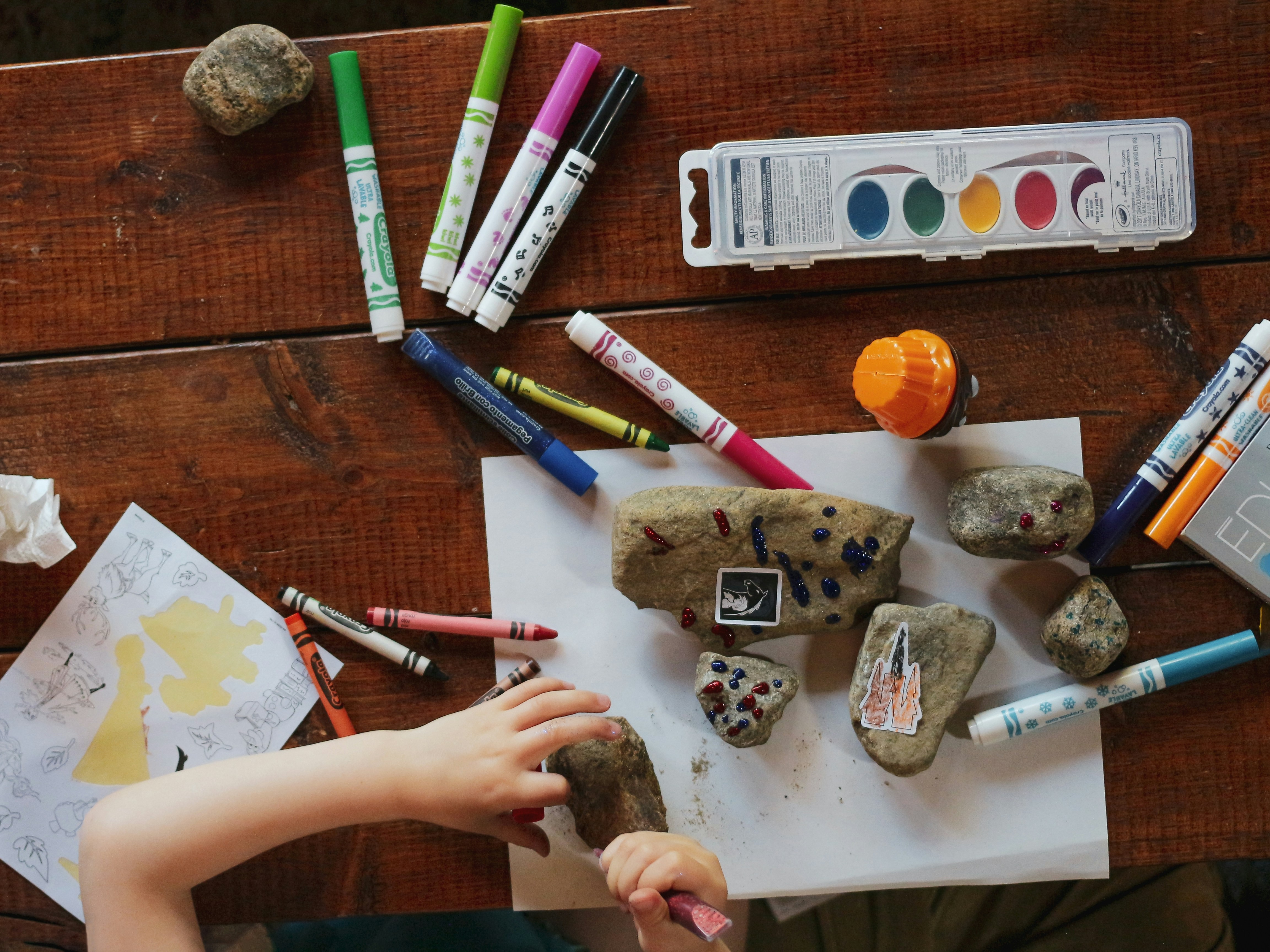
Curator’s statement
Discovering the Mediterranean through immersive cultural and community experiences can transform a family vacation into an unforgettable journey. Instead of just relaxing on beautiful beaches, families can dive into the rich traditions, history and daily life of local communities. Whether it's learning to make authentic Italian pasta in Tuscany, participating in Greek olive harvests or exploring ancient ruins in Turkey, these hands-on activities bring families closer together and create lasting memories. Join us as we explore some of the most engaging and educational cultural programs across Mediterranean Europe, designed specifically for families seeking meaningful travel experiences.
The Fora Difference
Book with Marc to access exclusive perks and experiences on your trip.
Killer perks
Free upgrades, spa credits and more—we got you
Personalized recs
Customized travel planning for your style
Insider knowledge
Expert advice from people who’ve actually been there
Where to stay in the Mediterranean
Unlock perks by contacting Marc to book your trip.
Things to do in the Mediterranean

Mediterranean Family Adventures
Mediterranean countries offer a wealth of cultural and community immersion programs that are perfect for families looking to engage more deeply with local traditions and communities.
Here are some notable options:
1. Cooking Classes and Culinary Tours
Italy (Tuscany and Sicily): Families can join farm-to-table cooking classes where they learn to make traditional dishes like pasta and pizza, often using ingredients they've harvested themselves. Programs like those offered by "Mama Agata Cooking School" in Ravello provide an authentic culinary experience.
Spain (Andalusia and Catalonia): Participate in tapas-making workshops or join a culinary tour in regions like Andalusia, famous for its olive oil and wine. The "Barcelona Food Tour" offers family-friendly options where kids can learn about Spanish cuisine.
2. Agritourism and Farm Stays
Greece (Crete and Peloponnese): Families can stay at traditional Greek farms where they can participate in olive picking, wine harvesting, and learn about organic farming practices. Programs like those offered by "Milia Mountain Retreat" in Crete provide hands-on farming experiences.
France (Provence and Loire Valley): Agritourism in France often includes staying in rustic farmhouses and participating in activities such as cheese-making, grape harvesting, and lavender picking. Places like "Le Mas de la Chouette" in Provence offer immersive farm experiences.
3. Cultural Festivals and Events
Spain (Valencia and Seville): Participate in local festivals such as Las Fallas in Valencia, where families can enjoy parades, fireworks, and community activities. In Seville, the Feria de Abril offers traditional music, dance, and food.
Italy (Venice and Siena): Families can experience the vibrant Carnival of Venice with its elaborate masks and costumes or the historic Palio di Siena horse race, which involves the entire community in a centuries-old tradition.
4. Language Immersion Programs
France (Nice and Paris): Families can join language schools that offer programs for both adults and children. Institutions like "Institut de Français" in Villefranche-sur-Mer provide immersive language learning experiences combined with cultural activities.
Spain (Madrid and Barcelona): Language schools such as "Enforex" offer family-friendly language courses where parents and children can learn Spanish together while engaging in cultural excursions.
5. Art and Craft Workshops
Italy (Florence and Rome): Families can take part in art workshops that focus on painting, sculpture, and pottery, often inspired by the works of Renaissance masters. The "Accademia del Giglio" in Florence offers family-friendly art courses.
Greece (Santorini and Athens): Participate in traditional Greek craft workshops where families can learn pottery, weaving, and mosaic-making. Programs like "Santorini Mosaic Art" offer hands-on experiences suitable for all ages.
6. Community Volunteer Programs
Portugal (Algarve and Lisbon): Volunteer with local environmental and community projects, such as beach clean-ups, reforestation efforts, and community gardening. Organizations like "Volunteer Vacations Portugal" offer family-friendly volunteer opportunities.
Croatia (Dubrovnik and Split): Engage in community service projects such as restoring historic sites, teaching English, or participating in marine conservation programs. The "Eco Center Caput Insulae" on the island of Cres offers family volunteer programs.
7. Traditional Dance and Music Lessons
Spain (Seville and Madrid): Learn Flamenco dance and music in workshops designed for families. Schools like "Taller Flamenco" in Seville offer classes where both parents and children can learn together.
Greece (Athens and Crete): Participate in traditional Greek dance lessons, learning dances like the Sirtaki and Kalamatianos. The "Greek Dance Theatre Dora Stratou" in Athens offers family-friendly dance workshops.
8. Historical and Archaeological Tours
Turkey (Istanbul and Ephesus): Guided tours of ancient sites such as the Hagia Sophia, Topkapi Palace, and the ruins of Ephesus offer educational experiences for families. Programs often include interactive activities for children.
Greece (Athens and Delphi): Family-oriented tours of historical landmarks like the Acropolis, the Parthenon, and the archaeological site of Delphi. Tours often include storytelling and hands-on activities for kids.
These programs provide meaningful and educational experiences that bring families closer together while allowing them to immerse themselves in the rich cultures and communities of the Mediterranean.
Places to eat & drink in the Mediterranean

Family Restaurants:
Restaurant El Trull (Costa Brava, Spain)
Osteria del Gatto (Tuscany, Italy)
Le P’tit Cageot (French Riviera, France)
Ristorante Il Gambero (Sardinia, Italy)
Taverna Kri Kri (Crete, Greece)
Can Punta (Mallorca, Spain)
Sofra Restaurant (Bodrum Peninsula, Turkey)
Pitogyros (Santorini, Greece)
Need to know
How to prepare kids for an Interactive vacation with family
Involve them in planning: Let kids help choose activities and destinations to increase their excitement and sense of ownership over the trip.
Educational preparation: Introduce them to the history, culture, and significance of the places you'll visit through books, videos, and discussions.
Set expectations: Explain the itinerary, including daily activities, travel logistics, and any rules or safety measures, so they know what to expect.
Pack appropriately: Ensure they have comfortable clothing, appropriate gear (e.g., hiking boots, swimsuits), and any necessary personal items (e.g., medications, favorite toys).
Interactive tools: Provide them with travel journals, cameras, or tablets loaded with relevant educational apps and games.
Health and safety briefing: Teach them basic safety guidelines, like staying close to family, emergency contact information, and hygiene practices.
Engage their interests: Plan activities that align with their interests, such as animal encounters for nature lovers or art workshops for creative kids.
Flexible schedule: Prepare for downtime and allow for flexibility to avoid over-scheduling and to accommodate their energy levels and moods.
Encourage questions: Foster curiosity by encouraging them to ask questions about the places and activities, which can enhance their learning experience.
Prepare for the unexpected: Pack a small kit with snacks, first-aid supplies, and entertainment for travel delays or unexpected changes in plans.

Travel Advisor
Marc Scholnick

Get in touch with Marc
Did you like this guide? Reach out to customize and book your own experience. Or, just to chat about travel in general.
You can normally expect a response from Marc within a business day or so. You’ll also be subscribed to our travel newsletter (you can unsubscribe at any time).
This guide is part of our ongoing series on travel to Europe. Looking for more travel inspiration? Check out my guide, Exploring South America: A Guide to Small Ship Cruising.